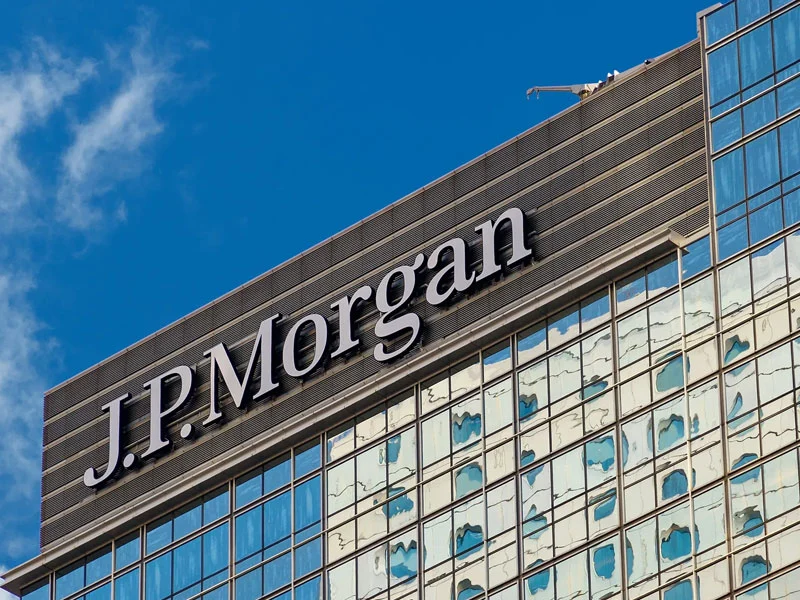
Businessicy – Jamie Dimon, the CEO of JPMorgan Chase, has expressed his views on the potential for a soft landing for the U.S. economy, estimating the likelihood at around 35% to 40%. However, he has not dismissed the risk of a recession in the U.S. economy entirely.
When asked if he had revised his view since February that the market was overly optimistic about recession risks, Dimon indicated that his assessment remains largely consistent with his previous stance.
“I continue to point to factors such as geopolitical issues, housing, deficits, spending, quantitative tightening, and elections—these all contribute to market concerns,” Dimon explained.
JPMorgan, who leads the largest bank in the U.S. by assets and is one of Wall Street’s most respected voices, has been warning about potential economic storms in the U.S. since 2022. Despite his earlier warnings, the economy has fared better than he had anticipated. Dimon assured that, although credit card delinquencies have risen, the U.S. is not currently in a recession.
Nevertheless, Dimon expressed some skepticism about the Federal Reserve’s ability to reduce inflation to its 2% target, given future expenditures on green and military sectors.
“There are always a variety of outcomes,” he said.
“I am fully optimistic that if we face a mild recession, or even a more severe one, we will be okay. Of course, I deeply sympathize with those who lose their jobs. We certainly don’t want a hard landing,” CEO of JPMorgan, Dimon added.
The Indonesian Rupiah continued to strengthen on Thursday, August 8, 2024. It closed significantly higher by 141.5 points against the U.S. Dollar (USD), recovering from a previous drop of 145 points to IDR 15,893.5, compared to the prior close of IDR 16,035.
“For tomorrow’s trading, the Rupiah is expected to fluctuate but will likely close in the range of IDR 15,820 to IDR 15,920,” said Ibrahim Assuaibi, Director at PT Laba Forexindo Berjangka, in a statement from Jakarta on Thursday (August 8, 2024).
In the U.S., investors are currently anxious about the possibility of the economy sliding into a recession, coupled with persistently high unemployment and unresolved inflation. There are also expectations that the Federal Reserve may soon lower interest rates.
Investors have increased their positions based on the potential for a rate cut by the Fed following an emergency meeting last week. During that meeting, Fed Chair Jerome Powell hinted at a possible rate reduction in September 2024.
“Indonesia’s Fintech Lending Industry Poised for Post-Election Challenges”
This statement was followed by weak labor market data released on Friday of the same week. Swap markets anticipate nearly a 50 basis point rate cut by the Fed in September 2024.
“The traditional role of the U.S. Dollar as a safe-haven asset may re-emerge if market instability continues or if geopolitical threats in the Middle East escalate. Additionally, the return of the Trump trade phenomenon—investing in assets like the U.S. Dollar or Bitcoin, which could benefit from looser fiscal policies and higher tariffs if Donald Trump is re-elected as U.S. President—is also a consideration,” Ibrahim noted.
Meanwhile, in Asia, recent statements from the Bank of Japan released on Thursday (August 8) indicate that Japanese central bank policymakers still see room for further interest rate hikes, suggesting rates should reach around 1% to achieve a neutral stance for the economy.
““The Complete Information From Wikipedia About JPMorgan”